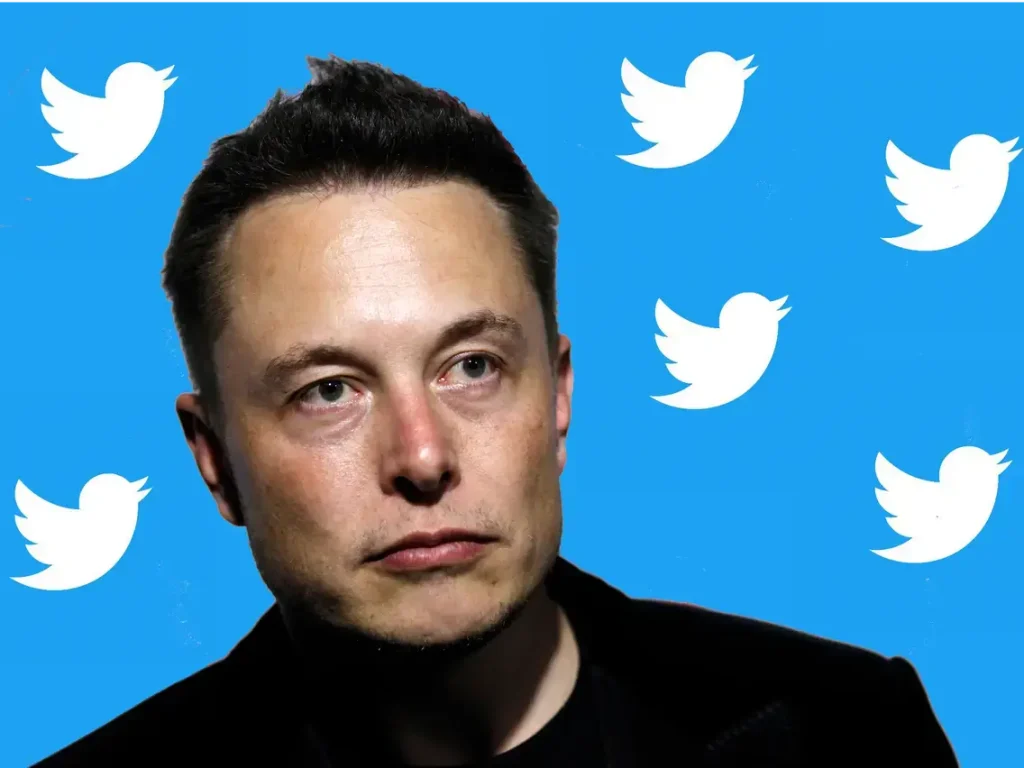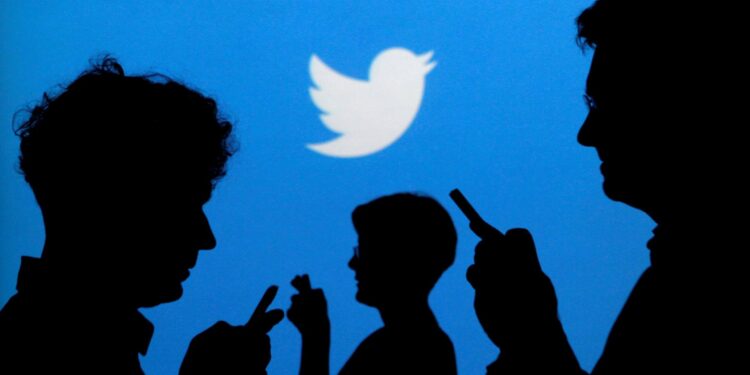Last year, Twitter created a Topic feature to let users find conversations about climate change, and rolled out hubs of authoritative, credible information on a diverse range of hot topics, including climate change.
KAMPALA | NOW THEN DIGITAL — On Friday, Twitter started banning ads that claimed that climate change is not happening.
- The company’s Earth Day announcement comes just as it fights off a hostile takeover bid by billionaire Elon Musk, who has said that users should be able to post pretty much whatever they want on Twitter.
- Elon Musk, the world’s richest individual and a frequent Twitter user himself, made an unsolicited bid of $43 billion for the social media network, citing freedom of speech as the reason for his bid.
- Also read: Google announced Tuesday that it would invest Sh115.5 billion ($1billion) in a product development hub in Kenya over the next five years.
On Earth Day, Twitter made the announcement as it sought to fend off a takeover bid from Elon Musk, who has said users should be able to post anything they want on the site.
“Misleading advertisements on Twitter that contradict the scientific consensus on climate change are prohibited, in line with our inappropriate content policy,” Twitter global sustainability manager Casey Junod said in a blog post.
“We believe that climate denialism shouldn’t be monetized on Twitter, and that misrepresentative ads shouldn’t detract from important conversations about the climate crisis.”
A year ago, Twitter announced a new Topic feature to help users find conversations about climate change, and it rolled out hubs of “credible, authoritative” information, including the science behind climate change.
Although Musk’s wealth may be intriguing, Twitter will not let a billionaire who shoots from the hip without thought for the consequences rule the company.

The global one-to-many messaging platform, Twitter, wants to prevent Musk from acquiring all of its outstanding shares, saying worries about where Musk will lead the company outweigh the potential rewards.
The world’s richest man, Elon Musk, made an unsolicited $43 billion offer for Twitter earlier this month. He cited increased freedom of speech as his motive for the offer.
Musk advocates a hands-off approach when it comes to policing content, a thorny issue, particularly in high-profile cases such as the former US President Donald Trump, who was banned after his supporters assaulted the Capitol in a bid to overturn the US election result last year.
Tesla CEO Elon Musk’s controversial campaign has also spurred concern among technology and free-speech experts who point to Musk’s unpredictable statements and history of bullying critics, which contradict his stated aims.
The board of Twitter decided to institute what is known as a “poison pill” defense, wherein any acquisition of more than 15 per cent of the company’s stock without its consent would result in a flood of shares making a buyout much more difficult.
















